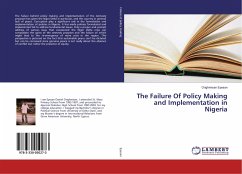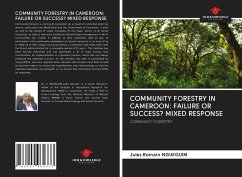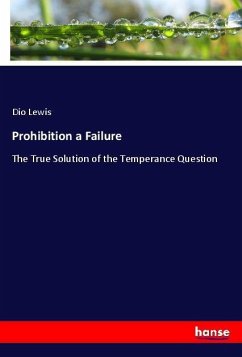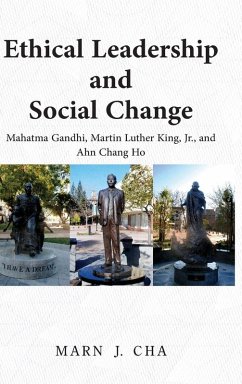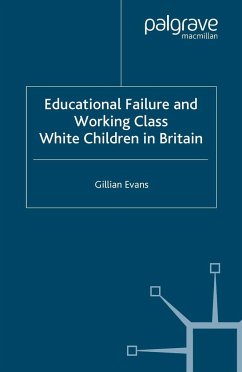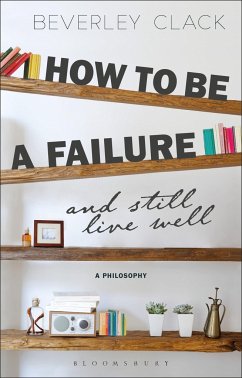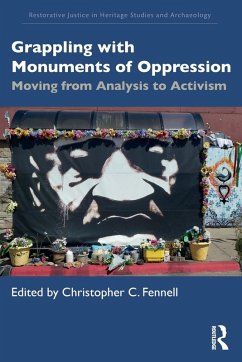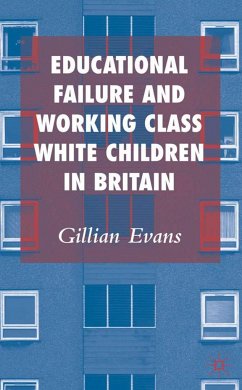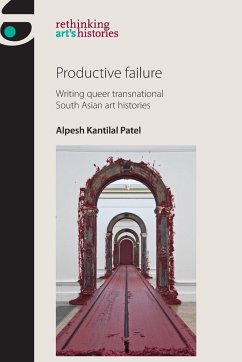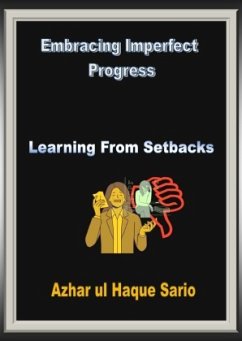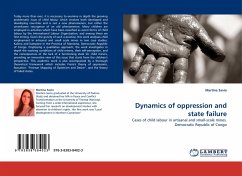
Dynamics of oppression and state failure
Cases of child labour in artisanal and small-scale mines. Democratic Republic of Congo
Versandkostenfrei!
Versandfertig in 6-10 Tagen
32,99 €
inkl. MwSt.

PAYBACK Punkte
16 °P sammeln!
Today more than ever, it is necessary to examine in depth the growing problematic issue of child labour which involves both developed and developing countries and is not a new phenomenon, but rather the unwelcome resurgence of an old phenomenon. Many children are employed in activities which have been classified as worst forms of child labour by the International Labour Organization, and among these we find mining. Given the gravity of such a practice, this work analyses child employment in artisanal and small scale mines in two case studies: Kalima and Kampene in the Province of Maniema, Demo...
Today more than ever, it is necessary to examine in depth the growing problematic issue of child labour which involves both developed and developing countries and is not a new phenomenon, but rather the unwelcome resurgence of an old phenomenon. Many children are employed in activities which have been classified as worst forms of child labour by the International Labour Organization, and among these we find mining. Given the gravity of such a practice, this work analyses child employment in artisanal and small scale mines in two case studies: Kalima and Kampene in the Province of Maniema, Democratic Republic of Congo. Employing a qualitative approach, the work investigates in depth the working conditions of child miners, their self-perception, and the consequences of the lack of a functioning state for child miners, providing an innovative view of this issue that starts from the children's perspective. This academic work is also accompanied by a thorough theoretical framework which includes Freire's theory of oppression, Rossatto's Freirean Mapping of Optimism and Desire , and the theory of failed states.



